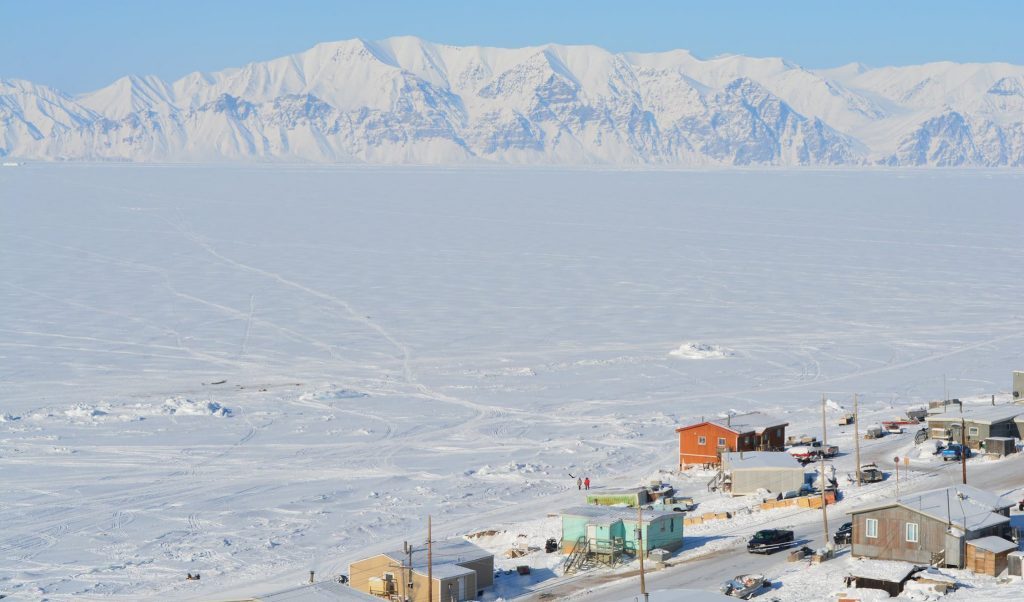Laval University and QIA team up on new north Baffin research stations
A $17.5M will help launch facilities in Pond Inlet and Qikiqtarjuaq.

Pond Inlet and Qikiqtarjuaq soon will be home to new, year-round scientific research stations.
That’s thanks to a $17.5-million grant from the Canada Foundation for Innovation and the Quebec government, which was announced earlier this month.
The future research stations, which are scheduled to be operational in 2024, will each have a different focus. In Pond Inlet, researchers will look more closely at the environment, while in Qikiqtarjuaq the focus will be on Arctic waters and marine life.
The two facilities, which will be able to operate 12 months a year, will draw about 30 visiting researchers, such as biologists, oceanographers, geographers, geologists and social scientists, over the course of a year.
About half will come from Quebec City’s Laval University, the university said in a news release.
Inuit representatives will sit on the management committee of each research station, the release said, noting that Laval recently signed an agreement with the Qikiqtani Inuit Association. This agreement calls for Laval’s Centre for Northern Studies and oceanographers’ association Québec-Océan to sign over the ownership of the two research stations to QIA after 15 years of operation.
“This close partnership is the new way of doing northern research. We have put this philosophy forward by setting up our project,” Gilles Gauthier, from Laval’s Department of Biology, also the scientific director of the Centre for Northern Studies at Laval, said in the release.
For more than 30 years, Gauthier has conducted research on geese and other wildlife at Laval’s field station on Bylot Island.
Gauthier told Nunatsiaq News that the equipment at the future Pond Inlet facility will include microscopes, water testing devices, an autopsy table for wildlife dissection and -80 C freezers for storage.
They will allow researchers to process samples collected in the field and then, if necessary, send them to a southern laboratory for further tests.
In Pond Inlet, researchers plan to look at quality of drinking water to check for traces of chemical or bacteriological contamination.
Gauthier said they will also check for possible contaminants in wildlife caught around the community.
Marcel Babin, who heads the Takuvik International Joint Laboratory, a group of researchers from Laval and the National Centre for Scientific Research, has plans to continue research at the future Qikiqtarjuaq research station.
The Qikiqtarjuaq station will be the first in the High Arctic dedicated to oceanography.
Babin’s team has conducted research on sea ice melt since 2015 near the community.
Babin said the research station would be “the ideal place to keep track of changes affecting fish, small animals, micro-algae and microbes, among others.”
“We will cover all levels of the food chain and their changes over time,” he said in the Laval release.